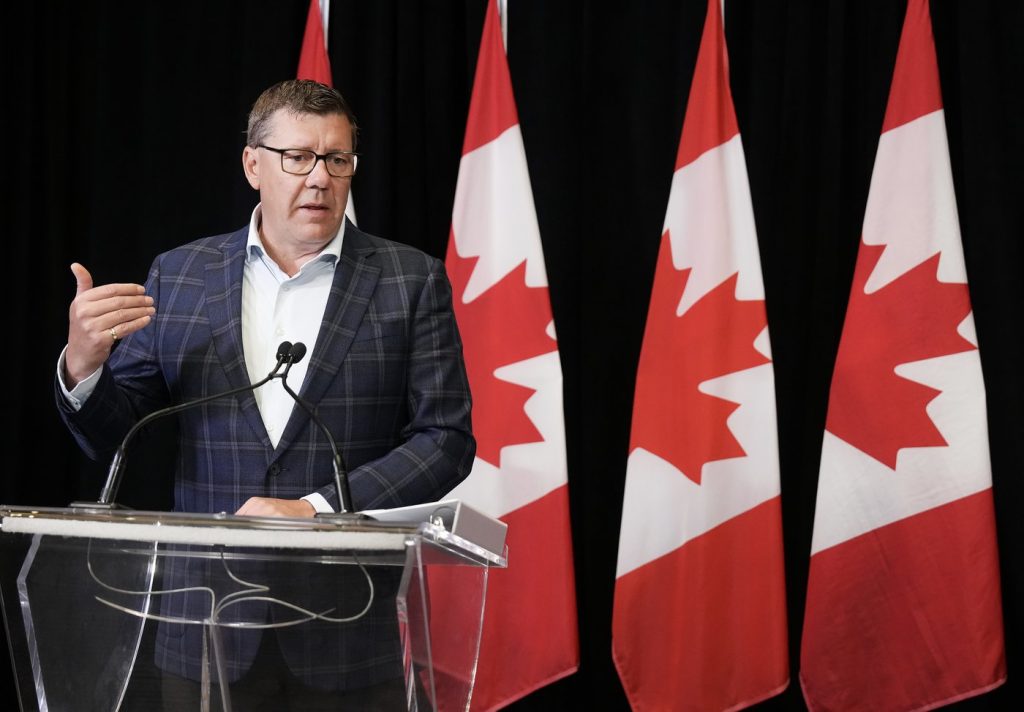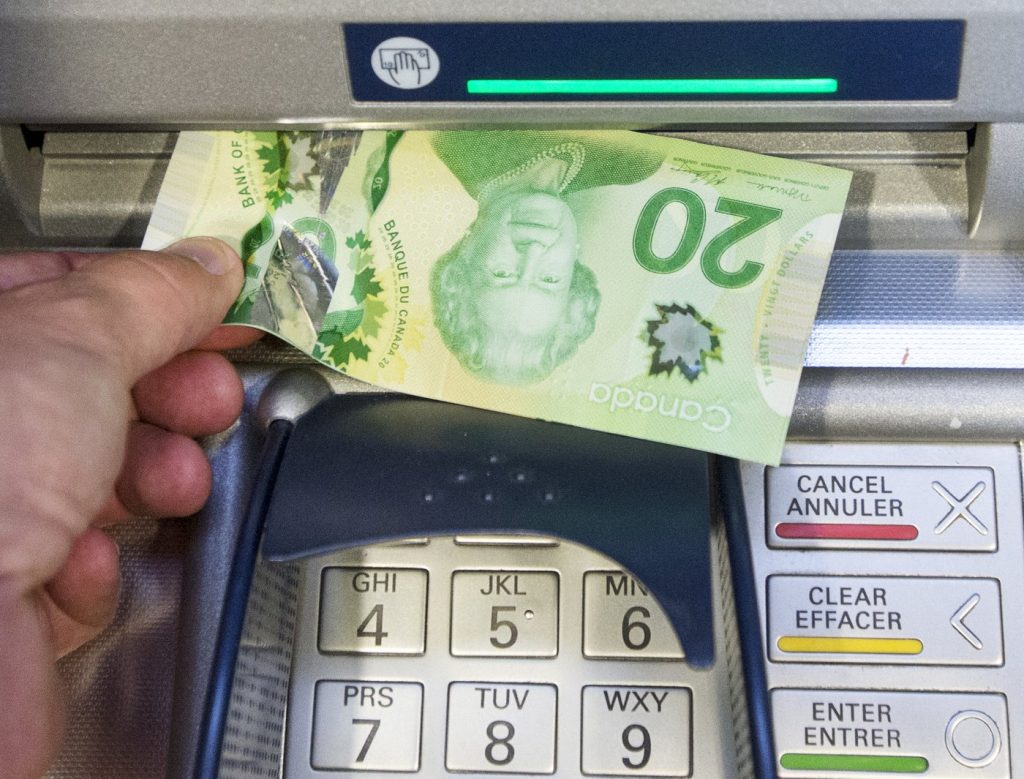REGINA – Ahead of his trade mission to China, Saskatchewan Premier Scott Moe has expressed a desire for the Canadian federal government to abolish the 100% electric vehicle tariff imposed on China. Speaking to reporters, Moe stated that from Saskatchewan’s perspective, the removal of these tariffs is beneficial. However, he emphasized the importance of maintaining a positive relationship with the United States, highlighting the need to balance the costs associated with tariff removal since the U.S. remains Saskatchewan's largest market for canola.
Moe's remarks are particularly significant given the ongoing nearly 76% tariff on Canadian canola seed imposed by China, a measure that has severely impacted the market value of one of Canada's most valuable crops. This Chinese tariff is perceived as a retaliatory response to Canada's EV tariffs, which were implemented as part of an effort to protect Canadian investments in the electric vehicle sector. Canada's tariffs closely mirrored those imposed by the former U.S. President Joe Biden on Chinese EVs.
In light of the delicate position, Moe acknowledged the sensitivities involved in negotiating tariff removals without damaging relationships with American officials. He mentioned that the U.S. is the leading importer of Canadian canola, followed by China, and emphasized the need for a balanced approach that expands trade with China while keeping U.S. relations intact.
Furthermore, Moe is not alone in his viewpoint, as other provincial leaders, including Alberta Premier Danielle Smith, have also called for the elimination of the EV tariff. During a provincial radio show, Smith urged the need to normalize relations with China while finding a way to negotiate effectively with the U.S. She noted that Americans are successfully managing separate trade relationships with China, suggesting that Canada could adopt a similar approach.
Moe is set to visit China next week and has invited Prime Minister Mark Carney and other federal ministers to join him. In his comments, he mentioned that he is still finalizing which Chinese officials he will meet and is awaiting responses regarding the participation of federal ministers. Moe expressed a desire to collaborate with the federal government to resolve these trade issues, aiming for a resolution that could lead to an agreement between Prime Minister and Chinese President Xi Jinping.
On the other hand, Saskatchewan's Opposition NDP Leader Carla Beck conveyed that Canada’s focus should be on persuading China to remove tariffs on all Canadian canola products. She suggested that if the removal of EV tariffs could facilitate the lifting of tariffs on canola, it is a conversation worth having.
The backdrop of this trade dispute includes a nearly year-long anti-dumping investigation launched by Beijing into Canadian canola, which China claims has been unfairly affecting its domestic canola oil market. Both Ottawa and Canadian farmers have refuted these claims, asserting that they are abiding by rules-based trade standards. The federal government has established a deadline of September for China to make a definitive call regarding the continuation of these tariffs, with a possible extension of six months should it be deemed necessary.
In terms of economic impact, the canola industry significantly contributes to Canada's economy, valued at around $43 billion last year and providing employment for approximately 200,000 individuals. The ongoing tariff disputes thus carry substantial implications not only for trade relations but also for the livelihoods of those dependent on the canola sector.












